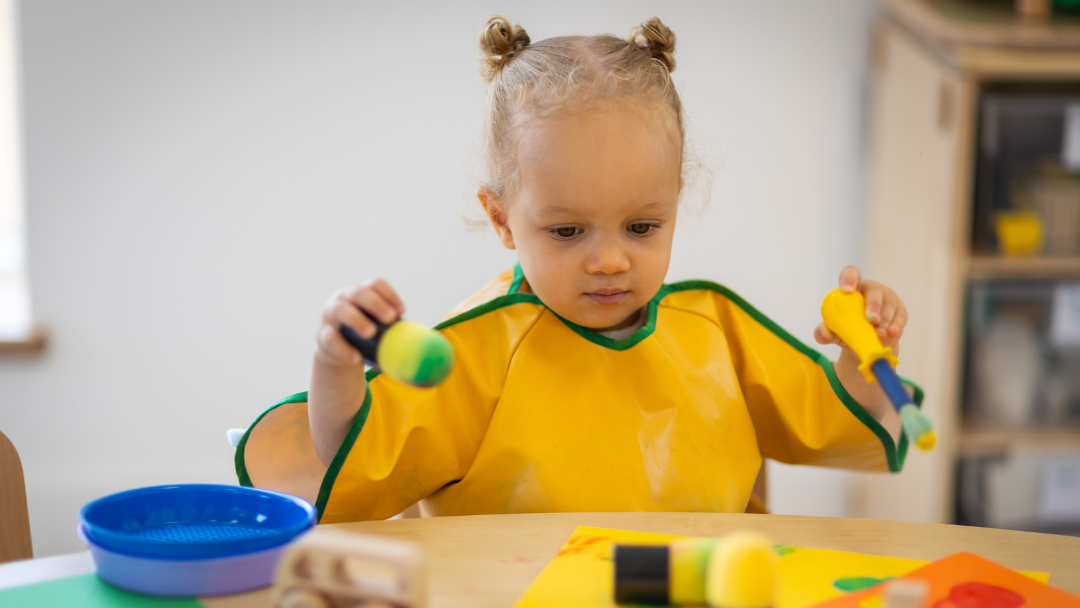In today's digital age, where screens and electronic devices dominate the playtime of many children, it is crucial for parents to understand the importance of age-appropriate educational toys. These toys not only provide entertainment but also play a significant role in a child's development. By selecting toys that are suitable for their child's age and stage of development, parents can ensure that playtime becomes a valuable learning experience.
- Understanding the Importance of Age-Appropriate Toys
- Factors to Consider When Choosing Educational Toys
- Types of Educational Toys for Different Age Groups
- Safety Considerations in Toy Selection
- Making the Most of Educational Toys
- Conclusion
Understanding the Importance of Age-Appropriate Toys
Parents often underestimate the impact that toys can have on their child's development. Educational toys are designed to stimulate and engage children while promoting various skills such as cognitive, social, emotional, and physical development. These toys can assist children in learning important concepts, enhancing problem-solving abilities, and fostering creativity.
The Role of Educational Toys in Child Development
Educational toys serve as tools to help children explore and understand the world around them. They encourage the development of fine motor skills, hand-eye coordination, and spatial awareness. For example, building blocks allow children to engage in imaginative play while developing their motor skills and spatial awareness.
Moreover, educational toys also play a crucial role in promoting language development. Toys that incorporate letters, numbers, and words can help children build their vocabulary, improve their language skills, and enhance their ability to communicate effectively. These toys create a fun and interactive learning environment, making language acquisition an enjoyable experience for children.
In addition, educational toys can also promote cognitive development by encouraging logical thinking, problem-solving, and critical reasoning skills. Puzzles, for instance, challenge children to think strategically and develop their problem-solving abilities. Furthermore, they can also improve children's memory and concentration as they work towards completing the puzzle.
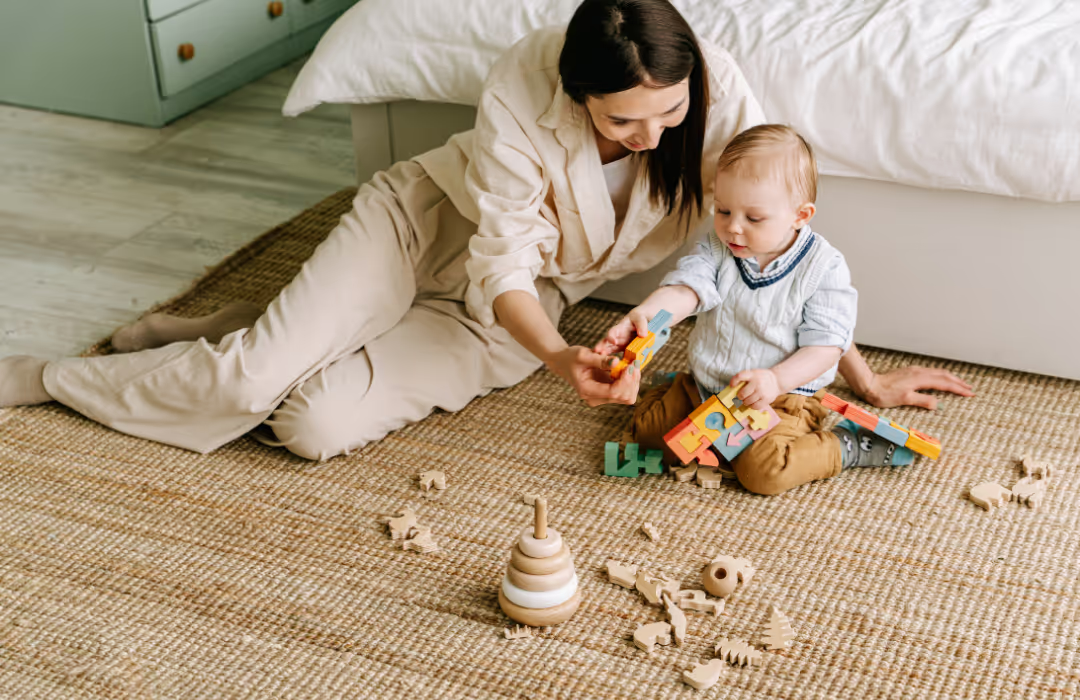
What Does the Research Say?
Brain scan studies suggest that young children practise their “mind-reading” skills, which translates as tuning into thoughts, feelings, and desires when they play with dolls (Hashmi et al 2022). Other research also confirms that kids learn to reason about possible words when they engage in pretend or imaginary play (Wente et al 2022).
In addition, another study found that when young children (aged 4 to 6) play board games with traditional dice, they improve their counting skills (Gasteiger and Moeller 2021).
Why Age-Appropriateness Matters in Toy Selection
When selecting educational toys, it is crucial to consider your child's age and developmental stage. Toys that are too advanced may frustrate and discourage young children, while toys that are too basic may not provide adequate stimulation for older children. By choosing toys that are age-appropriate, parents can ensure that their child enjoys the toy and gains maximum educational benefits from it.
Moreover, age-appropriate toys also help children develop a sense of accomplishment and self-confidence. When children are able to successfully engage with a toy that is designed for their age group, they feel a sense of achievement, which boosts their self-esteem. On the other hand, if a toy is too challenging or too easy, children may become disinterested or lose confidence in their abilities.
In conclusion, selecting age-appropriate toys is essential for supporting a child's development in various areas. By providing children with toys that are designed to meet their developmental needs, parents can create a nurturing environment that promotes learning, creativity, and overall growth.

Factors to Consider When Choosing Educational Toys
Choosing the right educational toy for your child involves considering a few key factors. Firstly, it is important to assess your child's developmental stage. Understanding their current abilities and interests will help you select toys that are both challenging and enjoyable for them.
Assessing Your Child's Developmental Stage
Each child develops at their own pace, and it is essential to choose toys that align with their individual abilities. Assess their fine and gross motor skills, language development, and cognitive abilities to determine the appropriate level of complexity for their educational toys.
Balancing Fun and Learning in Toy Selection
While educational toys are primarily designed for learning, it is equally vital to consider the fun element. Toys that are overly academic may fail to engage children, and they may lose interest quickly. Look for toys that strike a balance between learning and entertainment, as this will keep your child engaged and motivated to learn.
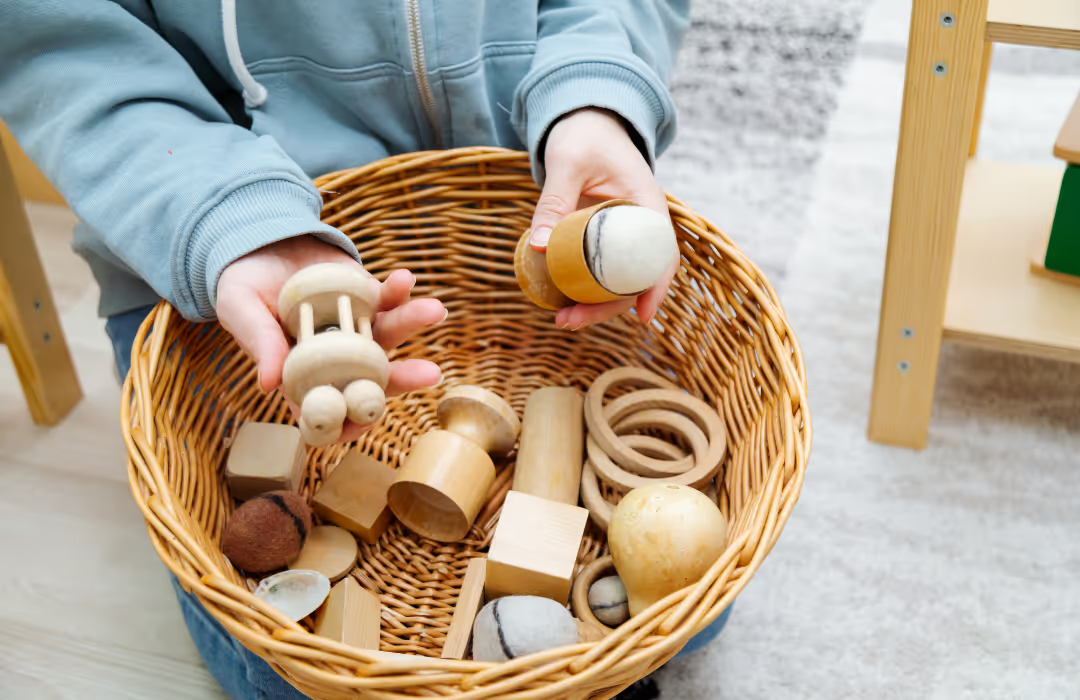
Types of Educational Toys for Different Age Groups
Let's explore some age-appropriate educational toys that can provide valuable learning experiences for children at different stages of their development.
Educational Toys for Toddlers
Toddlers are curious explorers eager to discover the world around them. They benefit from toys that focus on sensory experiences, cause and effect, and fine motor skills. Examples of suitable toys for toddlers include shape sorters, stackable blocks, musical instruments, and interactive toys that stimulate their senses.
At Fennies, all our rooms for 3 - 24-month-olds are designed with the Fennies Sensory Experience. Our sensory areas spark their natural curiosity and foster exploration of movement and communication.
Suitable Toys for Preschoolers
Preschoolers are inquisitive learners with emerging language and problem-solving skills. Toys that promote imagination, creativity, and social interaction are ideal for this age group. Building sets, pretend play kits, art supplies, and board games can enhance their cognitive and social development while sparking their creativity.
Recommended Toys for School-Aged Children
As children enter school age, their ability to grasp complex concepts and engage in more advanced play increases. Toys that encourage critical thinking, logical reasoning, and scientific exploration are excellent choices. Coding kits, science experiments, building sets, and strategy-oriented games can challenge their analytical abilities and foster a love for learning.
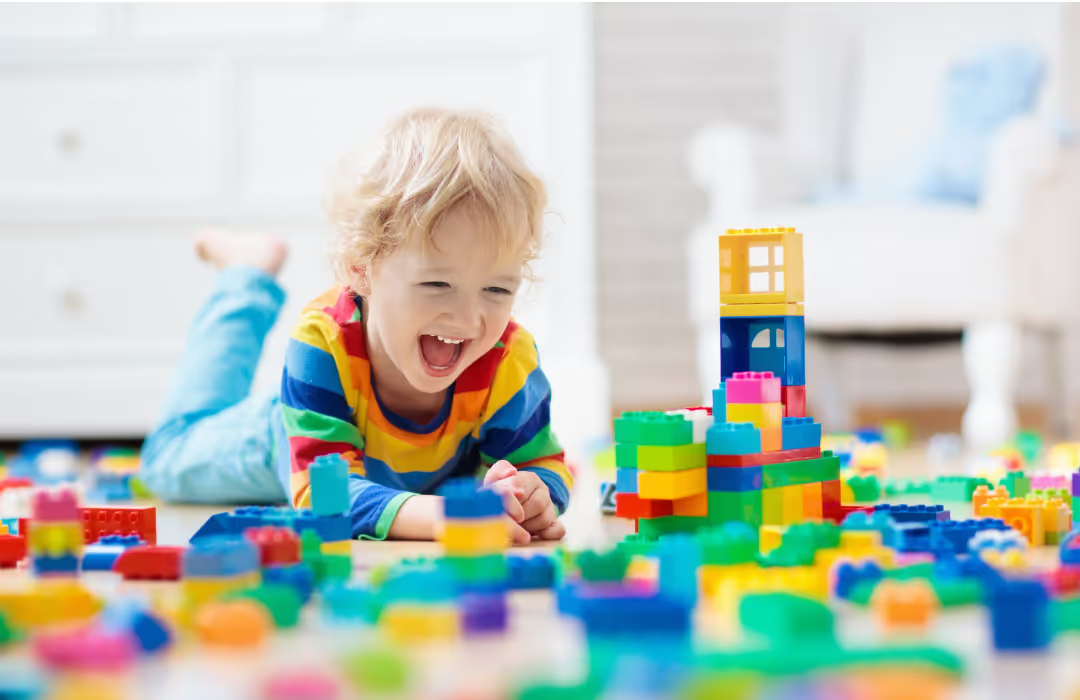
Safety Considerations in Toy Selection
While selecting educational toys, it is crucial to prioritise safety. Here are some important aspects to consider:
Identifying Safe Materials in Toys
Ensure that the toys you choose are made from non-toxic materials that are safe for children. Look for toys that are labelled as BPA-free, phthalate-free, and meet safety standards established by recognised organisations.
At Fennies, we use Community Playthings furniture and toys which are crafted from renewable resources like solid wood finished with water-based coatings, ensuring safety and environmental responsibility. They make sure to avoid harmful chemicals like styrene, phthalates, and BPA. They also feature many safety features like pinch-free hinges and rounded corners, fostering aesthetic harmony and creating serene spaces for children to learn and play.
Ensuring Age-Appropriate Toy Safety Features
Inspect the toys for any choking hazards, sharp edges, or small parts that could be a danger to young children. Always follow the age recommendations provided by the toy manufacturer to ensure that the toy is safe for your child.
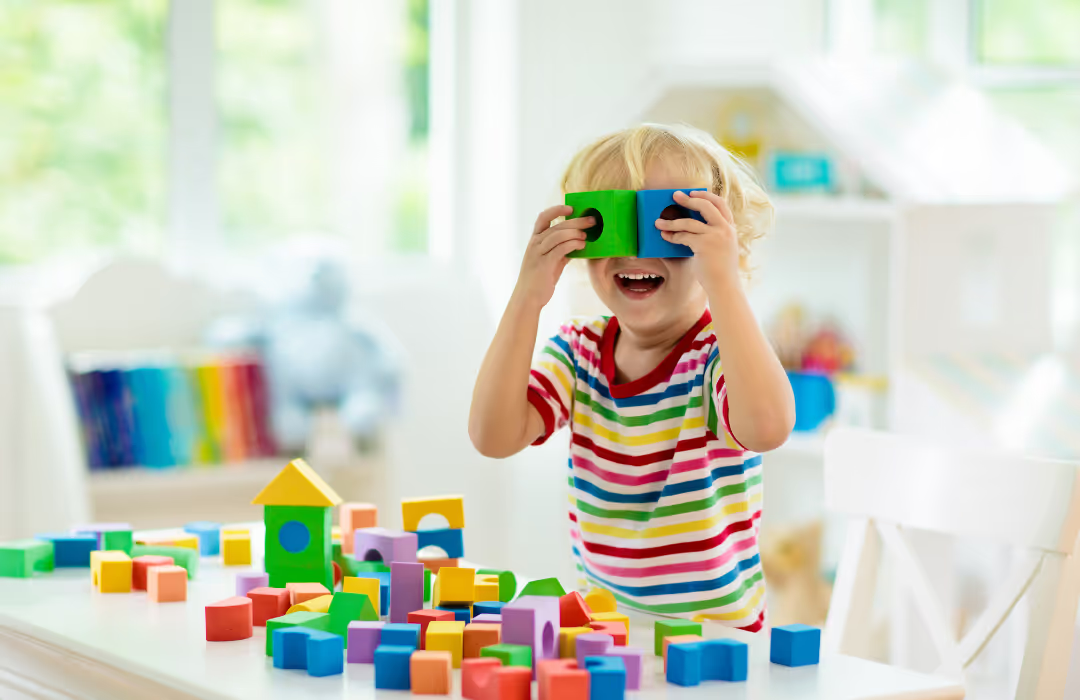
Making the Most of Educational Toys
Once you have carefully selected age-appropriate educational toys for your child, it is essential to use them effectively to maximise their learning potential.
Encouraging Play and Learning
Encourage your child to explore the various features of the toy, ask questions, and engage in imaginative play. Allow them to discover and learn at their own pace while providing guidance and support when needed. Remember that play is a child's natural way of learning, so let them immerse themselves fully in the toy's educational benefits.
Integrating Educational Toys into Daily Activities
Incorporate the use of educational toys into everyday routines, such as during mealtime or bath time. This not only makes learning more enjoyable but also reinforces the notion that education is a continuous and integrated process. Turn playtime into quality time and seize every opportunity to foster your child's development.
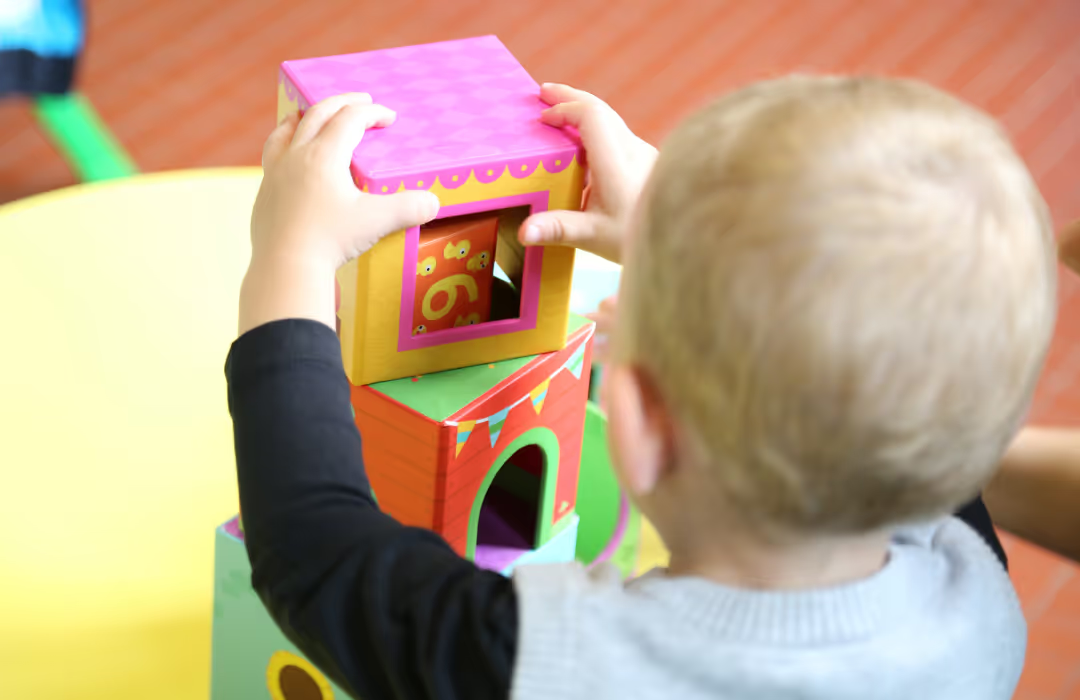
Conclusion
By following this parent's guide to selecting age-appropriate educational toys, you can provide your child with valuable learning experiences while ensuring their safety and enjoyment.
Remember, a well-chosen educational toy can ignite your child's imagination, foster their development, and open doors to a world of discovery. So, embark on this exciting journey of selecting educational toys that will accompany your child's growth and learning.
View all our Fennies Nurseries here.
FAQ
Subscribe to our newsletter
Stay up to date with Fennies news


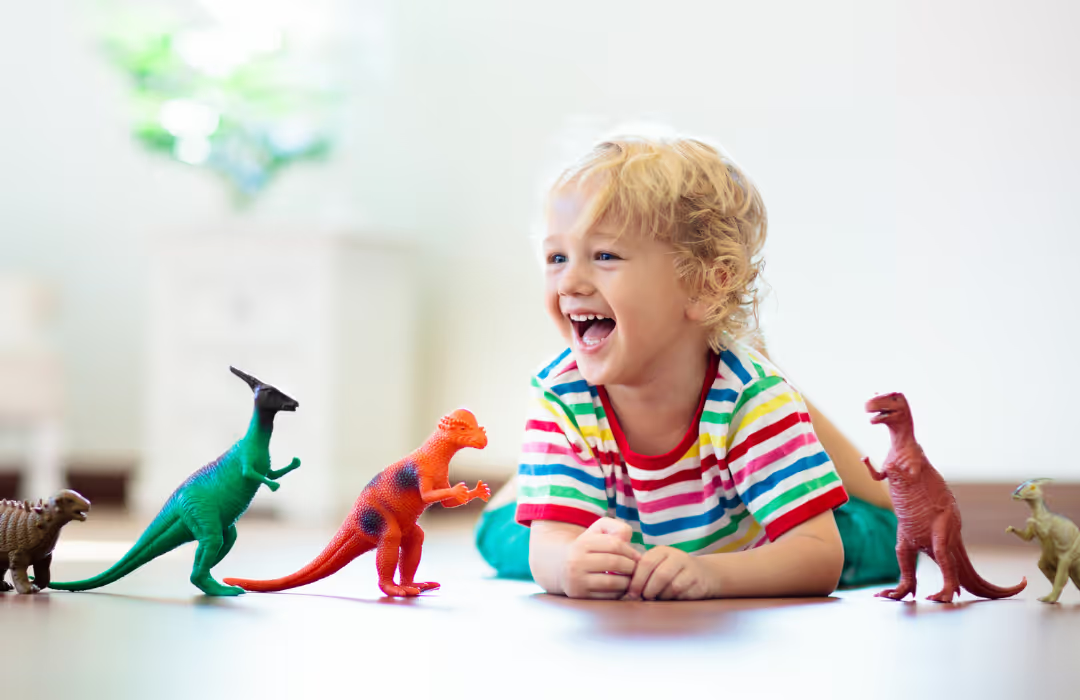




.png)
